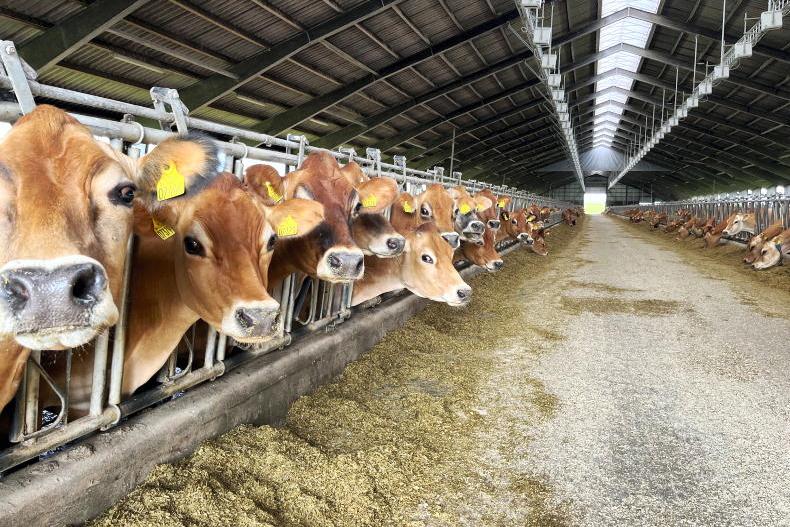The Court of Justice of the EU has ruled that the European Food Safety Agency (EFSA) was wrong to refuse access to studies on the health effects of glyphosate.
On Thursday, it annulled decisions by EFSA to withhold parts of evidence used to regulate the popular herbicide ingredient from activists and MEPs.
Anthony Tweedale, a lobbyist working for NGOs in Brussels, and four MEPs had separately requested copies for the scientific reports used to renew the licence of glyphosate between 2012 and 2104.
Commercial interests
The court heard that EFSA refused access to the documents because it would harm the commercial interests of companies which had submitted the studies, and there was no public interest to override this.
The agency also argued that the parts of the studies withheld were not necessary to verify the scientific assessment of risk it had carried out.
The court found that under EU environmental law, there was an overriding public interest in the publication of the documents.
"An EU institution, hearing a request for access to a document, cannot justify its refusal to divulge it on the basis of the exception relating to the protection of the commercial interests of a particular natural or legal person, where the information contained in that document constitutes information which ‘relates to emissions into the environment’," a statement from the court stated.
The public must have access not only to information on emissions as such, but also to information concerning the medium to long-term consequences of those emissions
"The public must have access not only to information on emissions as such, but also to information concerning the medium to long-term consequences of those emissions on the state of the environment, such as the effects of those emissions on non-targeted organisms," it added.
The credibility of those studies and the resulting authorisation of Roundup and other glyphosate products has been questioned by activists, but the documents have remained secret, preventing an open assessment.
The court's decision may be appealed.
Read more
Transparency in pesticide approval process set to increase
Health Canada stands by decision to reauthorise glyphosate
Science not populism must be to the fore of pesticide debate – McGuinness
The Court of Justice of the EU has ruled that the European Food Safety Agency (EFSA) was wrong to refuse access to studies on the health effects of glyphosate.
On Thursday, it annulled decisions by EFSA to withhold parts of evidence used to regulate the popular herbicide ingredient from activists and MEPs.
Anthony Tweedale, a lobbyist working for NGOs in Brussels, and four MEPs had separately requested copies for the scientific reports used to renew the licence of glyphosate between 2012 and 2104.
Commercial interests
The court heard that EFSA refused access to the documents because it would harm the commercial interests of companies which had submitted the studies, and there was no public interest to override this.
The agency also argued that the parts of the studies withheld were not necessary to verify the scientific assessment of risk it had carried out.
The court found that under EU environmental law, there was an overriding public interest in the publication of the documents.
"An EU institution, hearing a request for access to a document, cannot justify its refusal to divulge it on the basis of the exception relating to the protection of the commercial interests of a particular natural or legal person, where the information contained in that document constitutes information which ‘relates to emissions into the environment’," a statement from the court stated.
The public must have access not only to information on emissions as such, but also to information concerning the medium to long-term consequences of those emissions
"The public must have access not only to information on emissions as such, but also to information concerning the medium to long-term consequences of those emissions on the state of the environment, such as the effects of those emissions on non-targeted organisms," it added.
The credibility of those studies and the resulting authorisation of Roundup and other glyphosate products has been questioned by activists, but the documents have remained secret, preventing an open assessment.
The court's decision may be appealed.
Read more
Transparency in pesticide approval process set to increase
Health Canada stands by decision to reauthorise glyphosate
Science not populism must be to the fore of pesticide debate – McGuinness










SHARING OPTIONS